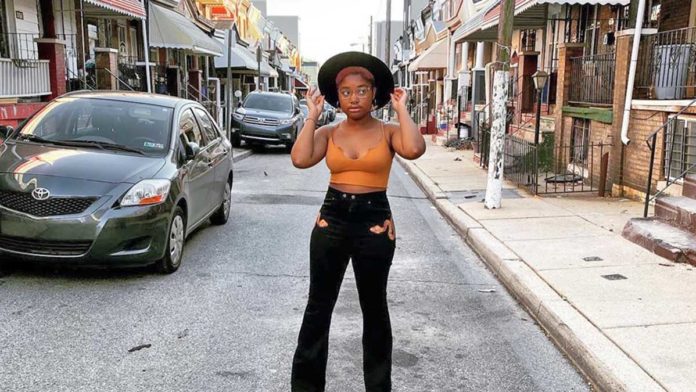
“White folks,” begins each post, “if you’re able, please send [money] or resources to folks who need it.” In a Facebook group called Queer Exchange Philly, various moderators keep a reparations thread running weekly. The reparation thread calls upon the privileged to hire or make donations to Black and/or Indigenous people of color (BIPOC) and has opened up a dialogue about what reparation means and what it can look like as a community-driven, mutually-accountable system.
The idea of reparations was a talking point during the 2020 Democratic debates. But what exactly does reparations mean? “Classically,” reads the thread post, “reparations means money.” Ty Ellerbe, who is a Black, nonbinary moderator of the thread explained further that reparations are money owed to BIPOC folk due to a “long line of enslavement, mistreatment, and just unfair conditions [BIPOC folk] have to struggle with until this very day.” Robyn Mansions, a white, queer, and working-class moderator of the thread, weighed in that, “reparations are different from fundraisers because they’re owed unconditionally, consistently and systematically.”
The reparations thread connects non-BIPOC folk with individual BIPOC folk in need by including a regularly updated Master List of Services. This list contains the names of BIPOC and services they offer in exchange for donations. Each post requests that BIPOC post their Venmo/PayPal/CashApp/requests to receive month reparations. The moderators just “ask that white folks and non-BIPOC refrain from posting in [the] thread unless offering resources, responding to requests, or bumping the thread.” Bumping the thread is internet lingo for making a comment on the post to remind the Facebook algorithm to keep showing the post in users’ feeds.
Of the reparation thread’s genesis, Mal Durham — a moderator of the thread who identifies as a Black, queer, dyke — explained that it had existed in some form within Queer Exchange Philly for years. However, the current incarnation of the reparations thread got its start in May 2019, said Durham. While the thread began long before the COVID-19 pandemic, Ellerbe said that it’s even more important to recognize one’s privilege because “Black and Brown people have and will continue to be hit harder [by the virus] than others.”
“Though the level of need is high across the board,” Durham further clarified, “we are seeing Black and Brown folks being especially impacted by the coronavirus due to the pre-existing structural and institutional inequalities that they face. Lack of access to steady jobs, nourishing food, stable housing, and reliable healthcare as a result of institutional racism means that Black and Brown communities bear the brunt of the coronavirus. Although some initially said that this virus was a great equalizer, not discriminating in who it infected, just as in other epidemics before it (like the AIDS epidemic), the coronavirus lays bare this pre-existing inequality. So, especially in this unprecedented time of unrest and instability, it is particularly important for us to support and highlight queer and trans BIPOC.”
“Even if you don’t have money,” continues the reparations thread post, “you might be able to shift material resources or services that you are able to access into the BIPOC community. Examples: dressy clothes for a job interview, a free massage, a new mattress, an extra air conditioner, etc.”Additionally included with each reparations thread post is a link to an article from medium.com entitled, “10 Ways To Pay Reparations If You’re a Broke A– White Person” by Didi Delgado. Delgado asks white folks to first assess if they are, indeed, broke; according to the article, “poor white people still have more money than poor Black people.” Among other suggestions include donating the use of your washing machine to BIPOC folk who may have to pay for one at a laundromat, babysitting their kids, and patronizing BIPOC-owned businesses. Additionally, Delgado suggests taking more serious measures by budgeting for weekly or monthly reparations donations or adding BIPOC as authorized users on your credit card to help them build credit.
Of the longevity of the reparations thread, Durham said that it has “existed before COVID-19 and we fully anticipate that this thread will remain after it. We hope that this virus has the effect of shining a light on the inequalities that were already there and affecting black and brown people most harshly and that it leads to increased and more sustained giving in the thread.”
Ask questions, get answers about COVID-19
